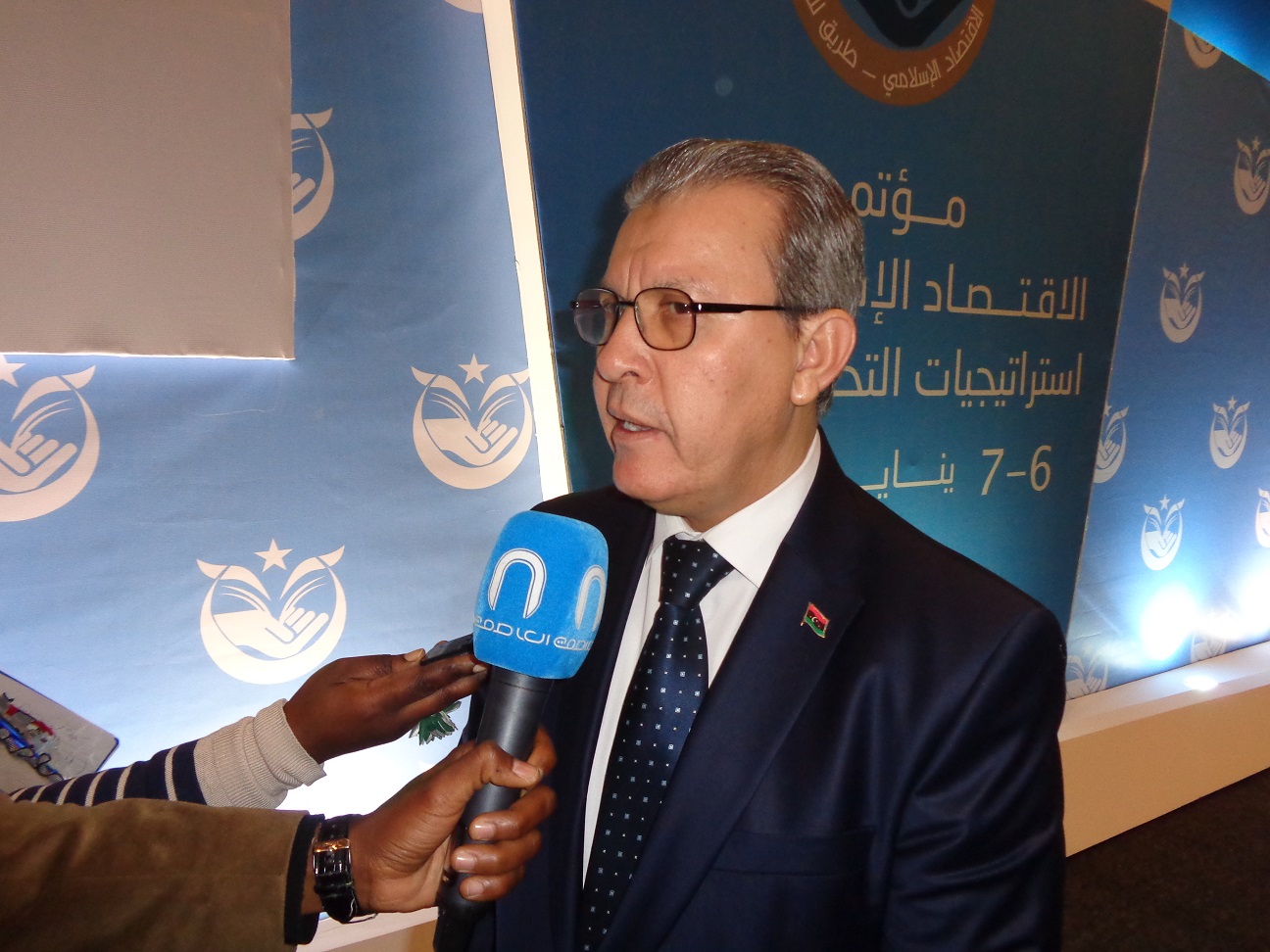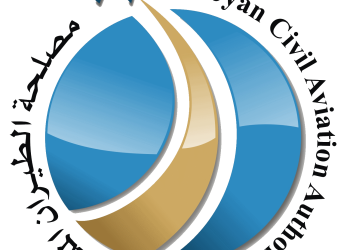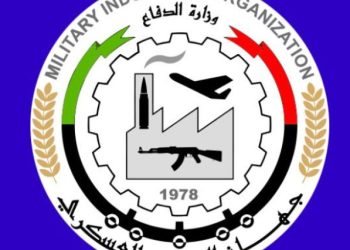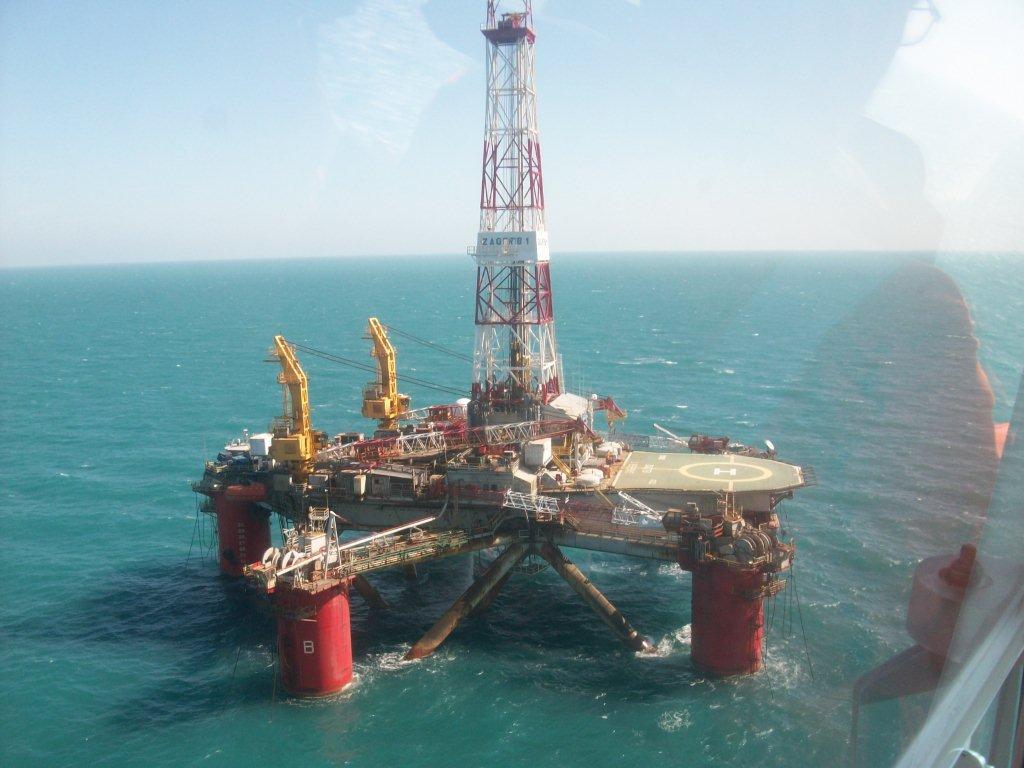By Sami Zaptia.
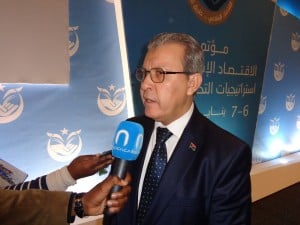
Tripoli, 6 January 2014:
The two-day conference on the Islamic economy, organised by the Ministry of Economy, . . .[restrict]opened today at the Corinthia hotel, Tripoli.
The well attended conference was opened by the host, the Minister of Economy Mustafa Abufunas, and was attended by the Deputy head of the GNC, Salah Makhzoum, Electricity Minister Muherieg, (the Islamist) Justice and Construction Party head Mohamed Sawan as well as leading members of the business community.
In his opening speech, Mustafa Abufunas, Minister of Economy, said that the conference was “part of the effort to discover Libya’s economic identity as Libya continues its efforts to build its economy and draft its constitution”.
“The Libyan economy is divided into two categories”, Abufunas said, “the energy sector is high value but with low employment whilst the rest of the economy was a high employer but returning low value”, he explained.
The Minister implied that Libya needed to create sectors where there is high employment but equally returning high revenue to the nation’s GDP.
Abufunas criticized the former regime for “ignoring most non-oil sectors of the economy such as industry and tourism”. He also lamented the fact that “foreign investors were only interested in investing in Libya’s hydrocarbon sector”.
With the ongoing background of most of Libya’s oil production halted due to the oil blockade of its eastern oil ports, the Economy Minister highlighted the perils of Libya’s over dependence on oil, saying that in 2010 it produced 1.7 million bpd, whilst now this was down to almost nothing.
In fact, last Saturday the Ministry of Oil reported oil production at 286,186 bpd for 4 January.
Libya is a state that simply “distributes its oil wealth to its citizens rather than a productive and creative state. How do we get out of this reality and create a strong productive economy”, the Minister asked rhetorically.
The Minister had no doubts of the role of Islamic economics in the world, referring to a recent Islamic conference in London in which he said the growing role of Islamic banking in the world was highlighted.
Abufunas would not put a timeline on when Libya would become an Islamic economy. He said that this conference was organized to come up with some visions and ideas – including timelines.
However, speaking to the media during the break, Minister Abufunas noted that much like the case for the Islamic banking law introduced recently in Libya, any “transition to an Islamic economy would have to be gradual”.
The GNC Deputy Head Salah Makhzoum said in his opening remarks that there was a link between Libya’s security and its economy. “The activation of Libya’s economy is the solution to Libya’s security. Activating the economy will encourage SMEs and it will encourage foreign investors to return to Libya and participate in Libya’s economic growth”.
The conference will continue for two days with 12 papers on the general characteristics of an Islamic economy, including banking monetary policy, insurance, investment without interest, endowments, SME financing etc.
[/restrict]
